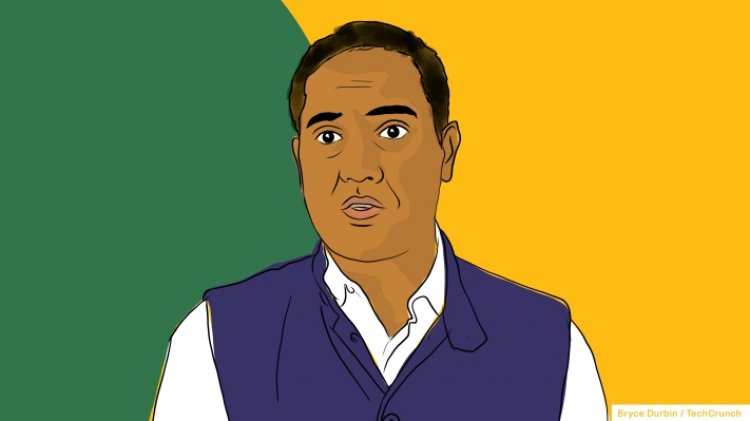Better.com CEO Vishal Garg says he is ‘personally liable’ for $750M SoftBank loan
Better.com CEO Vishal Garg has acknowledged to employees that he “personally guaranteed” the $750 million cash infusion provided to the online mortgage lender last November in an email seen by TechCrunch. Let’s start at the beginning. Last May, Better.com announced that it was going public via a SPAC that would value the company at nearly […]

Better.com CEO Vishal Garg has acknowledged to employees that he “personally guaranteed” the $750 million cash infusion provided to the online mortgage lender last November in an email seen by TechCrunch.
Let’s start at the beginning. Last May, Better.com announced that it was going public via a SPAC that would value the company at nearly $7 billion. Then on November 30, the company announced that blank-check company Aurora Acquisition Corp. and SoftBank decided to amend the terms of their financing agreement to provide Better with half of the $1.5 billion they committed immediately instead of waiting until the deal closes.
But what wasn’t revealed at that time, as Fortune reported last week, was that when SoftBank ponied up that $750 million in November, it was Garg – not the company as a whole – who assumed responsibility for compensating the Japanese investment conglomerate for any losses.
Specifically, an S-4 filing by Aurora states: “The Better Founder and CEO, in his personal capacity, has agreed to enter into a side letter with SoftBank, pursuant to which he may be liable for realized losses or receive payments in certain circumstances from SoftBank in connection with the Post-Closing Convertible Notes, which could divert the resources and attention of the Better Founder and CEO from our business and have a negative impact on his personal financial situation..”
Notably, the amount of losses covered by the side letter is uncapped, and Garg alone “remains responsible for all such losses, which could require him to, among other things, sell a significant portion of his holdings in Better Home & Finance common stock, which could negatively impact the trading price of Better Home & Finance common stock.”
As mentioned above, in response to details of the arrangement being made public, Garg sent an email — viewed by TechCrunch — to all current Better employees, acknowledging personal responsibility for that $750 million cash infusion. In the email, he admitted that he “personally guaranteed” SoftBank $750 million of the $1.5 billion that SoftBank had agreed to invest back in November of last year because he “wanted the capital to build our dream,” knowing “the world was about to get ugly.” He wrote:
I might be foolish, but I believe in us. I believe in you. I believe in our mission. I believe in our vision. And I believe that we are the only people on this planet who will do everything needed to make homeownership better, faster, cheaper, and make it possible for everyone everywhere…. I am fully committed with everything I own and will ever own….Five years from now, when that SoftBank $750 million loan comes due around my 50th birthday….if it means I have nothing. Well, at least we will have given it a real shot…This is true. I did personally guarantee three quarters of a billion dollars and I’m personally liable for it.
Meanwhile, multiple sources also have shared that Better.com in recent weeks offered its workers in India the option to leave under a voluntary separation agreement. Apparently, more workers put their hands up – a reported 90% of 2,100 – than the company expected and it had to put a cap on how many workers could leave.
Sources said it was mostly “closers and analysts” who were allowed to leave, and about 920 workers total had their resignations accepted. One individual shared an email from HR India turning down their request saying that the worker was “part of a mission-critical team” at Better. A separate email that went to the company’s operations team outlining a structural reorganization said the need to offer voluntary separation to the company’s India employees was due to recognition that “there are declines ahead and responding to these to ensure Better is positioned for profitability remains essential.”
TechCrunch has reached out to Better.com for comment.







